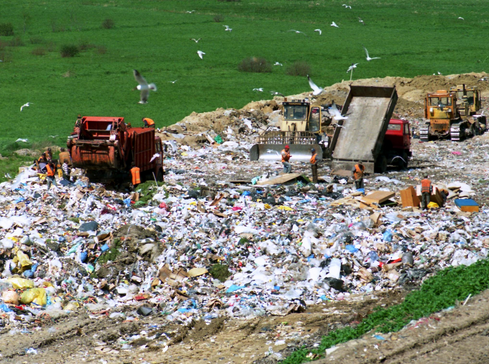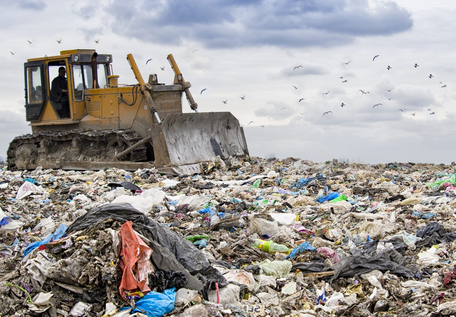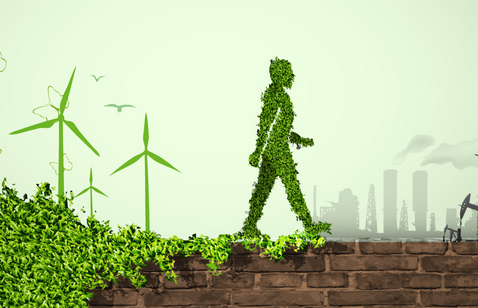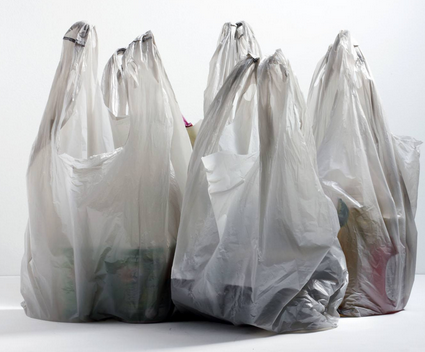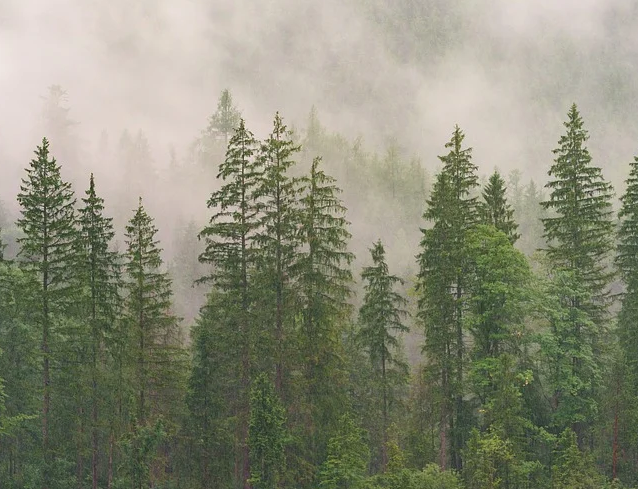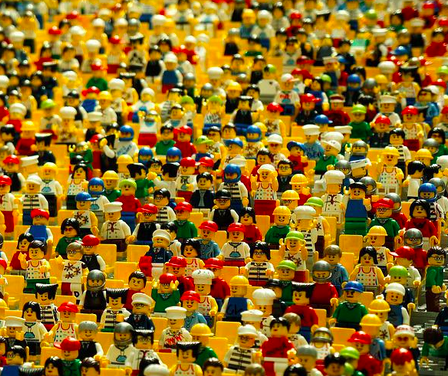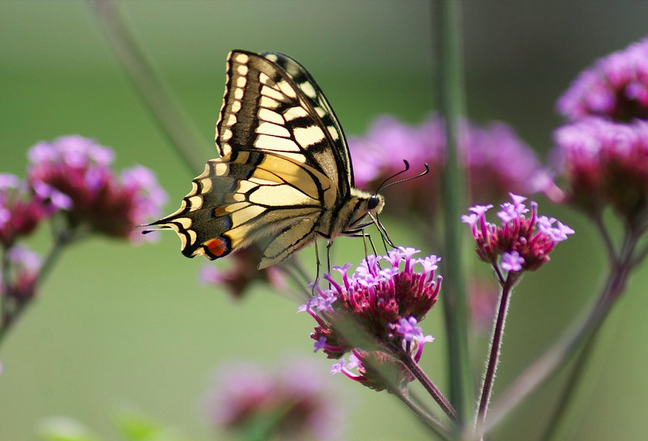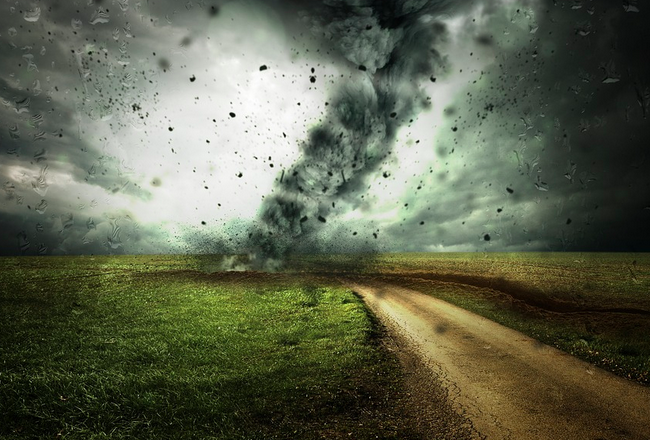Common environmental
misconceptions
This page gives an overlook into debunking peoples' most common environmental misconceptions and uncertainties. From sustainability to trash, reading these short segments may impact your views on the environment forever. If we help the environment, the environment will help us. I know I have said this a lot but any efforts to help the environment can make a difference.
--
--
"The most important environmental issue is the one that is rarely mentioned, and that is the lack of conservation ethic in our culture."
- Gaylord Nelson
- Gaylord Nelson
